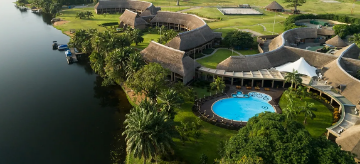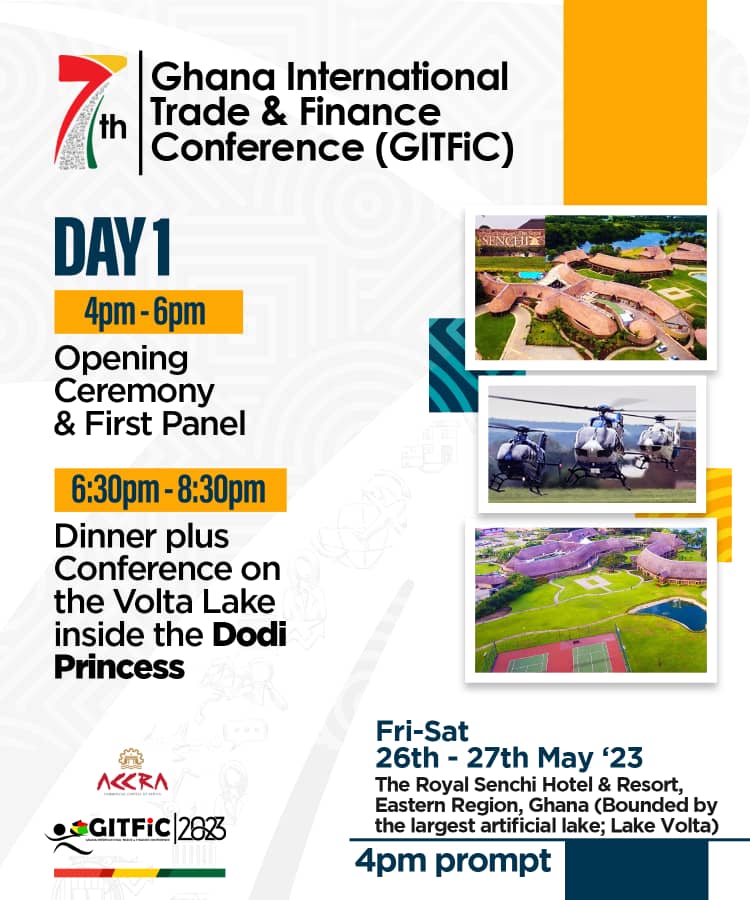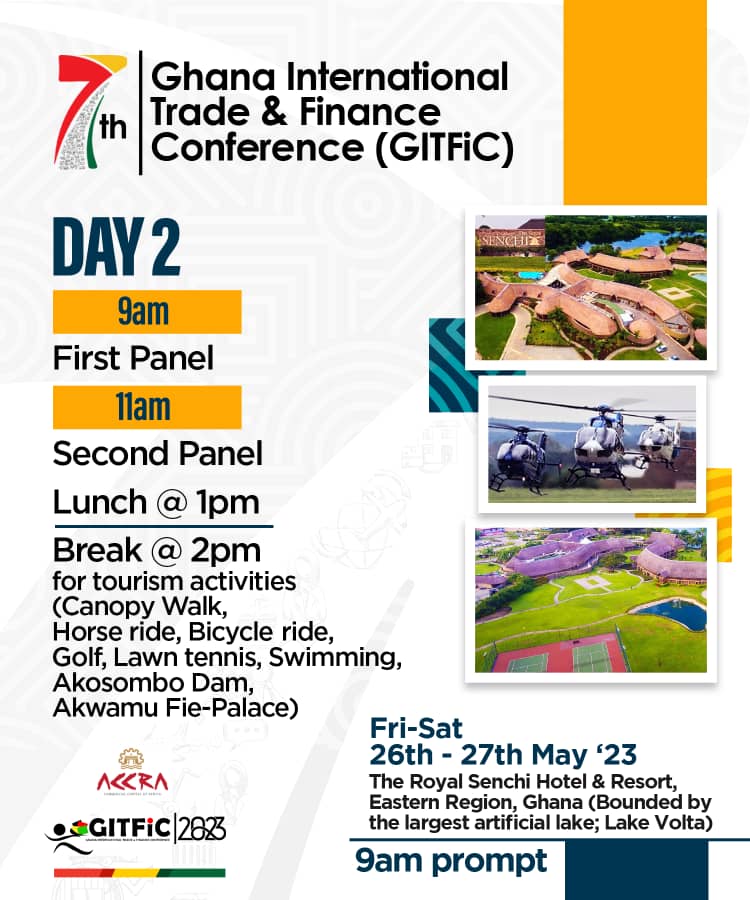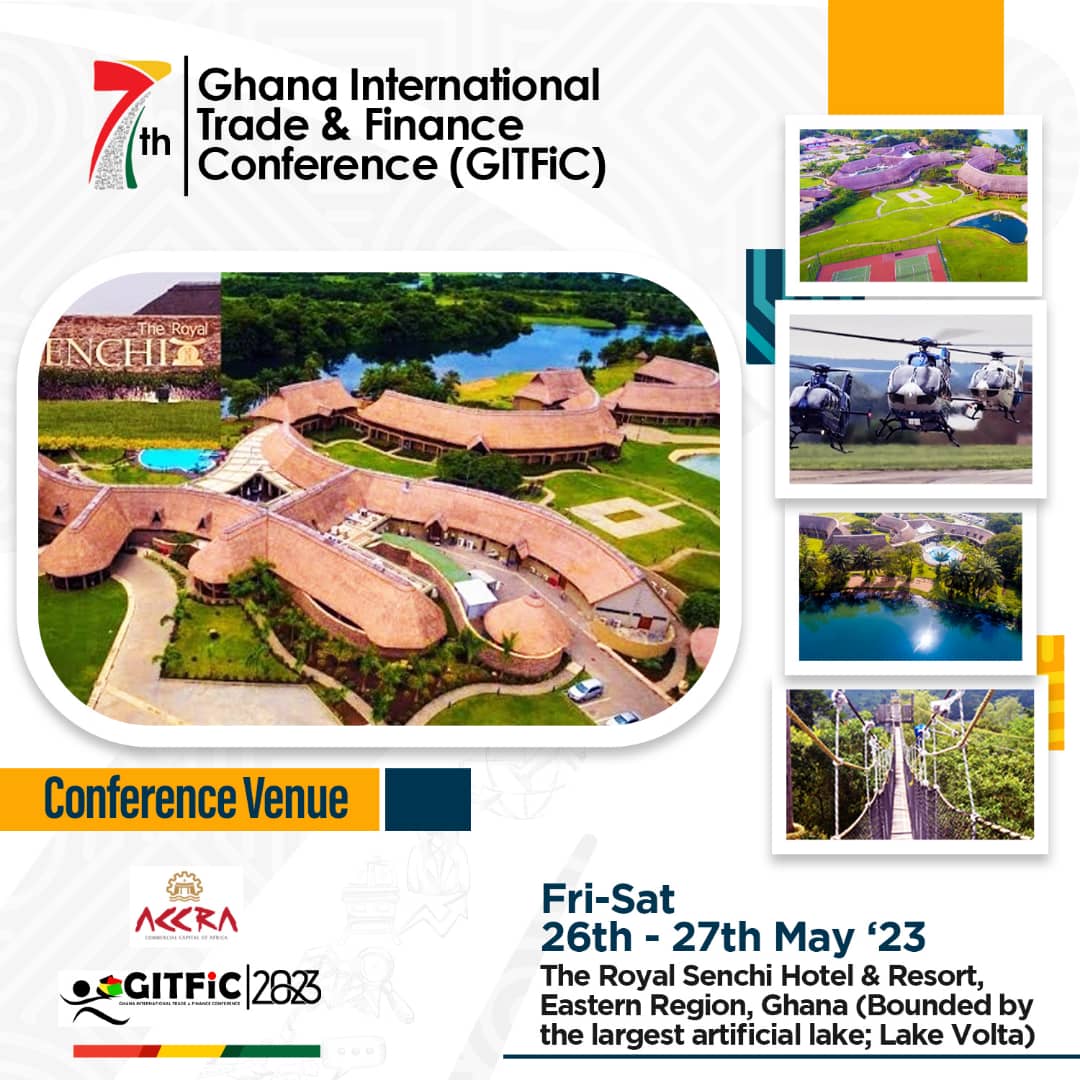Register Now






CONFERENCE REGISTRATION FORM
GITFIC 2023 – EXPECTED OUTPUTS
DAY ONE
To outline the role played by financial institutions in Africa in achieving a single continental currency.
To outline the challenges facing the implementers (AMU), (BCEAO), (EAMU), (BEAC), (SADC MU) et al from instituting a single continental currency
To determine the extent a common currency will be beneficial for the African continent.
To strategically mount a spirited advocacy on Policy formulators and implementers to commence with a Single Trade Currency via well-documented guidelines.
To encourage regions to diversify their industrial structures to enable more homogenous trade shocks, stabilize inflation and interest rates
DAY TWO –A
To outline an up-to-date understanding and escalate the conversation on the effectiveness and efficiency of investing in Africa’s SMEs and Industries for Africa’s prosperity.
To update the evidence base of what is currently available in terms of data on digital trade.
To identify potential options for estimating the value of Africa’s Industralisation agenda, Investments and Cross Border Trade given the current data gaps.
To identify the benefit to SME in Africa’s Industrialization Agenda in the era of the AfCFTA ie. Expanded market, open borders, improved contracts, and better structured value chains.
DAY TWO-B
To analysis the AfCFTA-Dispute Settlement Mechanism which will be seen as a window of opportunity that can be utilized to amend the dispute protocol in order to reflect the judicial attitude of African states.
To review successes chalked cum hurdles that sufficiently addresses the challenges associated with trade protocols.
To promote the AfCFTA Protocol that provides unrivalled opportunity for trade ministers to come to a consensus on the core principles of international trade.
Date: Friday 26th May, 2023
Saturday 27th May, 2023
Venue: The Royal SENCHI Resort & Hotel, Akosombo – Eastern Region of Ghana
(Bounded by the largest artificial lake in Africa – Lake Volta)
Inclusive full Tour Package:
– Mode of Transport from Airport to conference venue: 15
minutes helicopter flight or 1hour land cruiser drive with
security and comfort
– Canopy walk + Horse Ride + 2hours extended conference
on the Volta Lake on Day 1 + Bicycle Ride + 6pole Golf +
Swimming + Lawn Tennis + Local and Continental Cuisines +
Gymnasium + B2B + B2C
Africa’s currency fragmentation remains distasteful and obstructs reforms and progress. The 7th conference will highlight the leadership or catalyst role by providing policy directions, preparing roadmaps in consultation with stakeholders, and guiding National and Regional discussion to close all bottlenecks and hindrances in achieving this. The need to identify a name, own the IP and ‘’coheres’’ central banks to implement, is now or never in lieu of the implementation of a Continental Free Trade Agreement. There are several existing enabling structures on the African continent to facilitate the adaptation and implement a single trading currency for the continent
Small-and-medium size Scale enterprises (SMEs) are crucial towards actualizing Africa’s Industrialization Agenda in the era of the AfCFTA for inclusive socio-economic development and growth. This is because SMEs are generating work opportunities, income, and wealth creation, and thereby, enhancing poverty reduction. SMEs account for approximately 80% of jobs in Africa and this makes SMEs a significant mechanism for socio-economic growth. Within Sub-Saharan Africa, there are approximately 44 million SMEs. In addition, the African Continental Free Trade Area (AfCFTA) promises to expand access to regional and continental-wide export markets for SMEs. Further to this, the Sustainable Development Goals and the African Union acknowledges that Africa’s drivers of economic growth and long-term sustainability for emerging markets are dependent on the potential of the effective development of the SME business framework.



